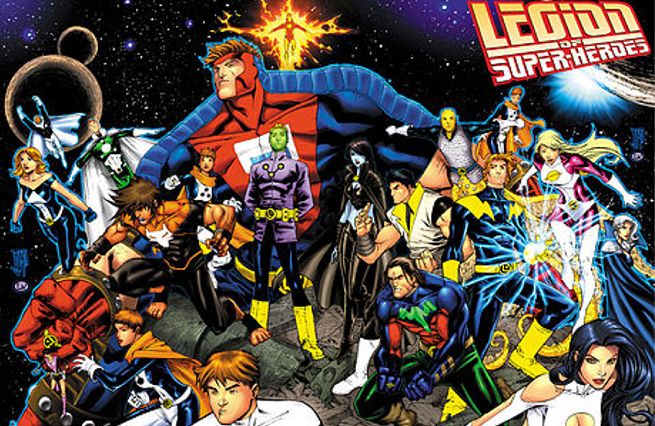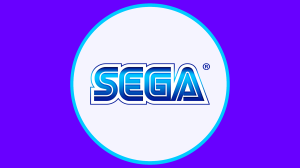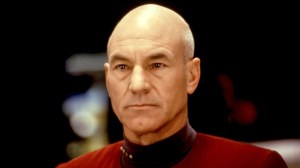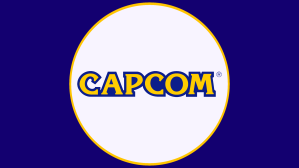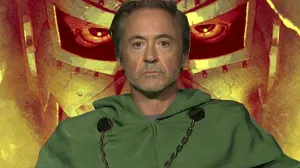The most recent title was cancelled almost a year and a half ago, and since then there’s been no Legion presence in the DC Universe. Justice League 3000, the title that seemed to be taking the place of the Legion, did not (as some expected) pick up threads or characters from that title and has, in fact, since been revealed to be set in a different world of DC’s multiverse altogether.
Videos by ComicBook.com
So…what’s wrong with the Legion of Super-Heroes?
Actually, nothing. I contend it’s all about readers’ habits and expectations.
Back before the Crisis on Infinite Earths, Legion of Super-Heroes was a massive hit for DC. The universe-wide reboot left a deep gash in the continuity of a title set a thousand years in the future, including the retroactive extraction of Superboy not only from the team but from any story ever told.
When people talk about the problems that Legion faces as a title, those changes and the decades of continuity snarls and embarrassing retcons that have followed Crisis are often cited as prime suspects in the decline of the title’s relevance, but I think it goes deeper than that.
Following Secret Wars and Crisis on Infinite Earths in the mid-’80s, fans had their first taste of the kind of event mania that has swept the industry ever since. The concept of the interconnected universe, once a fun way to team your heroes up with a minimum of plot exposition, was now an end unto itself, and in the years since, there is a disturbing trend of readers caring more about what’s “important” than what’s good.
It’s the same trend that sees sales plummet when a comic is solicited as “final issue,” because so many fans just assume whatever resolution the writer gives the characters will be undone by somebody else down the line anyway. Or that sees massive upticks in sales around event-driven issues. As the shared universe has become almost a character people follow, titles that have no connection, or a tangential one, to the big events and characters in the shared universe often struggle.
There is no criticism, whether it comes from critics or fans, that aggravates me more than this one. The notion that a comic doesn’t “matter” because it doesn’t play into some larger master plan, and so therefore it isn’t worth buying, is exactly how you end up with an industry dominated by mediocre “event” comics that fans claim to loathe but then buy in the hundreds of thousands.
It’s doubly aggravating with the Legion because more often than not, attempts to make the team “matter” to the larger DC Universe have been failures. Stories like Zero Hour: A Crisis in Time and Final Crisis have tried to use universe-shaping events in the present to reshape the Legion’s future in the hopes that a tie-in to those big events and the new status quo that rolls out of them would intrigue readers. Instead, they’ve tended to alienate existing readers without creating much in terms of a long-term upside for the team.
This is where I’m walking a fine line; most people have contended that the quality of the changes is what drags the Legion down, or the editorially-mandated nature of the changes. I’d contend that the biggest problem is the feeling that changes in the present need to be reflected a thousand years in the future at all.
There’s really very little to indicate that any Crisis-level event that the heroes of the DC Universe survive didn’t already happen prior to the launch of the Legion of Super-Heroes. For years, there was a sense that there was some mystery as to just what happened in between the 20th and 30th Centuries, with “incomplete historical records” and the occasional Great Disaster obscuring the relationship between the two…and it worked fine. It’s really the notion that the Legion has to interact somehow with events taking place ten centuries before them, that creates chaos.
What it really needs — and what’s hardest to give it — is a solid status quo, and preferably one that defers to the needs of the franchise over the needs of the universe. It certainly helps to have Superboy, which is its own can of worms.
But that’s a whole other discussion. There are any number of properties that are far better served by sticking to the basics, rather than trying to find out just how elastic they can be before they snap. Firestorm demonstrated this very ably in the New 52 relaunch, when a number of top-tier creators had some very creative ideas and ultimately turned out a book that nobody wanted to read. The final few issues, when the book went back to basics, it was getting much warmer reviews but it was too late to stop the bleeding.
The bottom line is this: it’s tempting to ask, after so many missteps, failed relaunches and cancellations just what’s wrong with the Legion of Super-Heroes. The answer: There’s nothing wrong with the Legion of Super-Heroes that isn’t put there by people trying to improve it.

